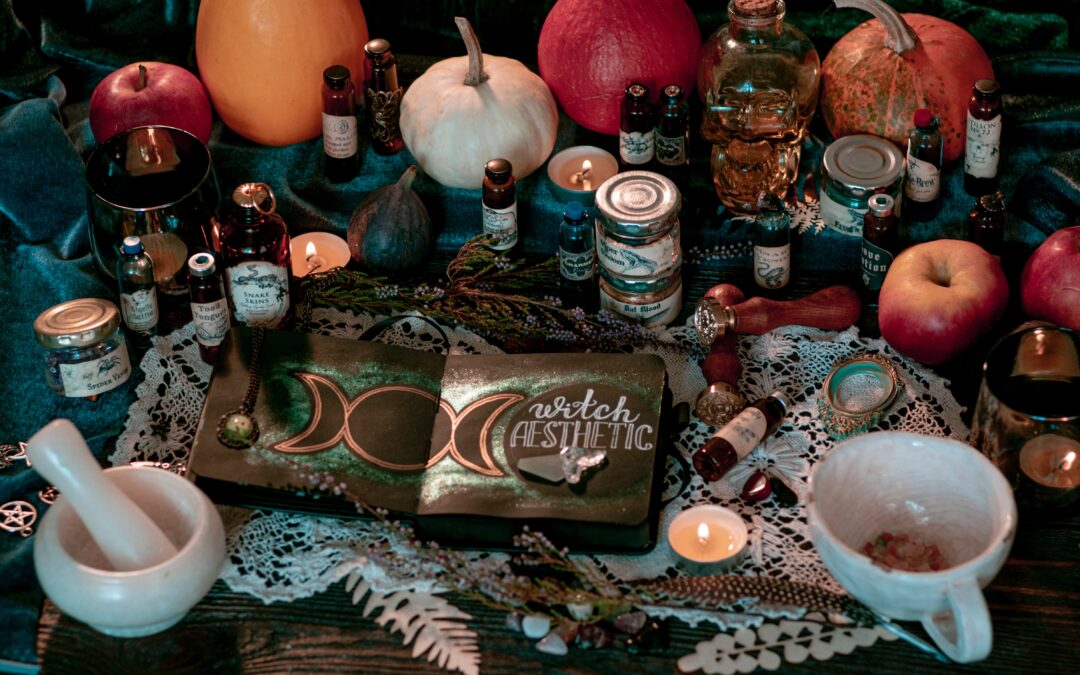A witch doctor is a traditional healer who uses spells, charms, and herbal medicines to treat illness and solve problems in their community. Witch doctors are found in many cultures around the world, from Africa to Asia and beyond. In recent years, there has been a resurgence of interest in witch doctors and their practices. Some people see them as a source of wisdom and knowledge about natural healing. Others view them as charlatans who exploit the gullible. This blog post will explore the history and practice of witch doctors, as well as the controversy surrounding them.
What is a witch doctor?
A witch doctor is a person who is believed to have magical powers or skills. Witch doctors are often thought of as being able to cure illnesses, control the weather, and cast spells. In some cultures, witch doctors are also believed to be able to communicate with the dead.
The history of witch doctors
Witch doctors have a long and varied history, dating back to ancient times. In many cultures, they were revered as healers and advisers, and their skills were often seen as supernatural.
Today, the term “witch doctor” is often used to describe someone who practices traditional medicine or healing. However, there are still some cultures in which witch doctors play an important role in the community.
In some parts of Africa, for example, witch doctors are consulted for everything from love advice to medical diagnoses. They may also be called upon to perform ceremonies or rituals, such as those that are designed to ward off evil spirits.
While the term “witch doctor” may have negative connotations in some cultures, it is important to remember that these individuals play an important role in many communities around the world.
Witch doctors in popular culture
Witch doctors are often portrayed in popular culture as evil, power-hungry sorcerers. In reality, however, they are more often than not respected healers and spiritual leaders in their communities.
While the image of the witch doctor as an evil sorcerer is a popular one, it is not accurate. Most witch doctors are respected healers and spiritual leaders in their communities. They use their knowledge of herbal medicine and traditional healing practices to help their patients recover from illness and injury.
Despite the negative portrayal of witch doctors in popular culture, they play an important role in many cultures around the world. Their work helps to keep people healthy and provides much needed support during times of illness or crisis.
Witch doctors and the law
In many countries, witch doctors are not legally recognized as medical practitioners. This can create problems when they diagnose and treat patients, as they may not be able to access the necessary resources or be held accountable for their actions. Additionally, some people may view them as criminals, which can make it difficult for them to find work and support themselves.
The role of witch doctors in society
Witch doctors play an important role in society. They are responsible for the health and well-being of their community. They use their knowledge of plants and herbs to treat the sick and injured. Witch doctors also perform ceremonies and rituals that are designed to promote fertility, good luck, and protection from evil spirits.
In many cultures, witch doctors are respected members of the community. They are often consulted on matters of importance such as marriage, childbirth, and the naming of children. Witch doctors usually live outside of the village or town in which they practice. This allows them to be close to the natural world and its resources.
The role of witch doctors has changed over time. In some cultures, they are no longer consulted on matters of importance. In others, they have been replaced by Western medicine. However, in many parts of the world, witch doctors still play a vital role in society.
Conclusion
In conclusion, witch doctors are an important part of many cultures around the world. They play a vital role in healing the sick and protecting the community from evil spirits. If you ever have the opportunity to meet a witch doctor, be sure to treat them with respect and learn as much as you can about their culture and beliefs.

